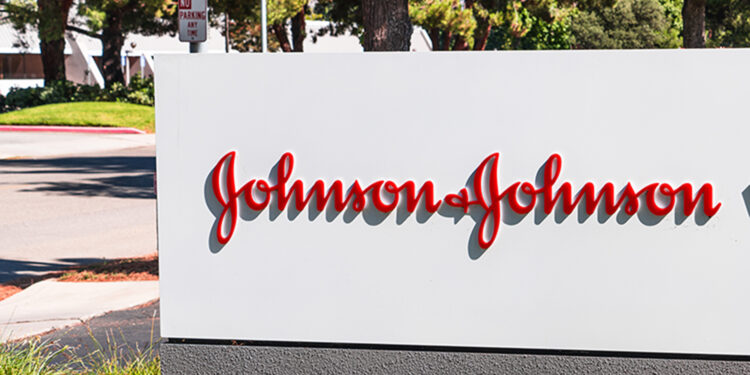Lani Hansen/Senior Reporter
OKMULGEE, Oklahoma– In a recent news article from reuters.com, the three largest United States drug distributors and drugmaker Johnson & Johnson have agreed to pay $590 million to resolve claims by hundreds of Native American tribes that the companies fueled an opioid epidemic in their communities.
According to the Center for Disease Control and Prevention website, 130 Americans die every day from an opioid overdose. American Indian and Alaska Native people have seen an increase of overdose deaths since 2000. From 2002-2016 the rate of drug overdose deaths was above the national average among American Indians and Alaskan Natives.
Settlements began to build with the three distributors McKesson Corp, AmerisourceBergen Corp and Cardinal Health Inc. along with J&J proposing to pay up to $26 billion in 2021. In February a settlement with the three distributors will pay nearly $440 million over the span of seven years.
In the reuters.com article, the settlement of $26 billion did not resolve lawsuits and potential claims by 574 federally recognized Native American tribes and Alaska Native villages that have experienced disproportionately high rates of opioid overdoses.
According to a court filing in federal court in Ohio, J&J has agreed to pay $150 million over two years. The drugmaker said the funds will be deducted from its $5 billion portion of the $26 billion settlement.
Steven Skikkos, a lawyer for the tribes said, “We’re not solving the opioid crisis with the settlement, but we are getting critical resources to tribal communities to address the crisis.”
Among many Native American tribes, Cherokee Nation who already has a separate settlement with J&J in the amount of $75 million is set to receive settlement payments in their ongoing battles with the opioid industry. According to reports from the Tahlequah Daily Press, the tribe will receive $18 million of a $150 million settlement with J&J.
“We will use these funds to expand out mental health treatment and related services so that our citizens can begin to recover,” Cherokee Nation Principal Chief Chuck Hoskin Jr. stated.
Along with Cherokee Nation and the other tribes who have already set to receive settlement payments, Muscogee (Creek) Nation has yet to determine if they will receive the payments.
“The settlement, if approved by the Nation, will be paid out over up to six years. The terms of the settlement require that it be used broadly for abatement, which can include treatment, etc.,” MCN Acting Attorney General Kyle Haskins said.





